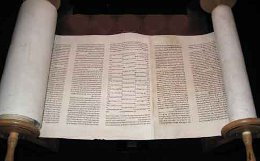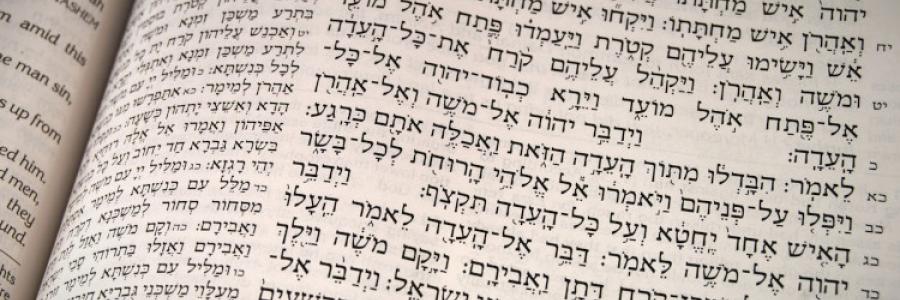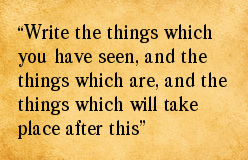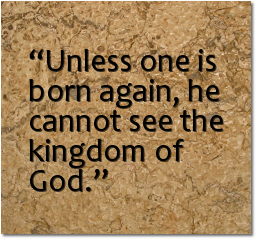
Many scholars—whether non-Christians (such as David Flusser or Shmuel Safrai), Christians of a different flavor than we (such as Jacob Neusner), or evangelicals (such as Brad Young or David Bivin) have demonstrated that many NT passages are in the form of midrash: Jewish-style expositions, explanations and expansions of OT verses.
When one accepts the idea that many NT teachings are actually midrashim (the plural of midrash), the equation shifts. We are no longer trying to connect Paul to the Greek or Roman culture, neither are we interpreting him Platonically. We are asserting that much of the NT is based upon the OT—with some new revelation, yes, but not merely as much as many think. Most—of the major doctrines we believe and defend can be extracted from the OT. We are avowing that the NT writers were often such extractors.
Once we learn to interpret NT passages in conjunction with their OT origins (what I call “mother texts,”), we will find that many erroneous doctrines rescind and shrivel into non-existence. Conservative evangelicals and fundamentalists have essentially overlooked the wealth midrash brings to apologetics, hermeneutics, and theology. Midrash is a good friend to conservative evangelicals and fundamentalists, yet many of us are oblivious to it.
Most of us have already embraced the concept of midrash without knowing it. Biblical Theology—tracing the progress of doctrine from Genesis through Revelation—is a cousin to midrash. Proving the deity of Christ through Isaiah 9:6-7 is getting even closer. Interpreting the NT virgin birth teaching (Matt. 1:23 and Gal. 4:4-5) in light of Genesis 3:15 and Isaiah 7:14 is almost full-blown midrash.







Discussion